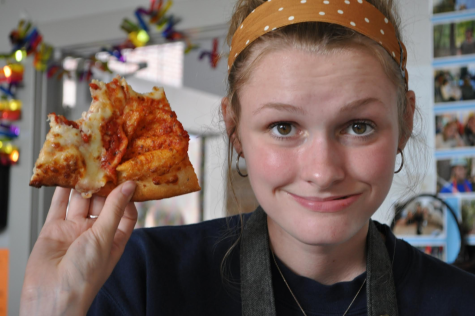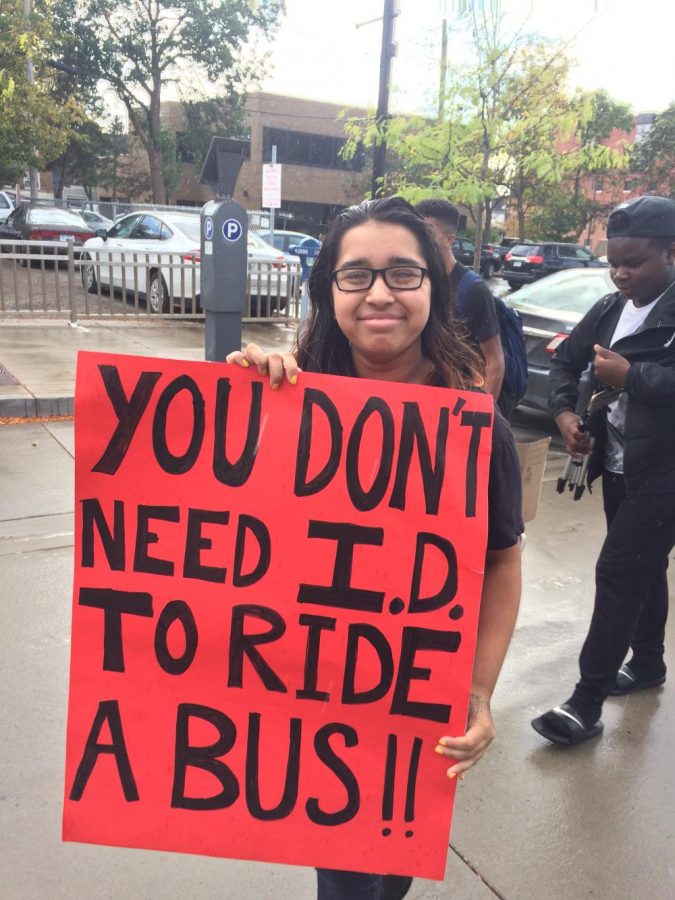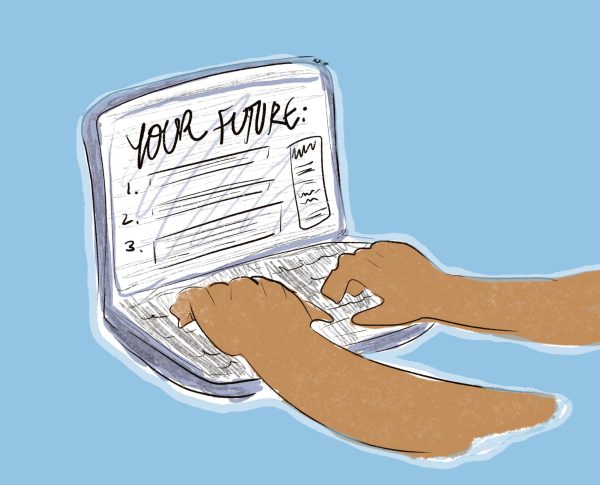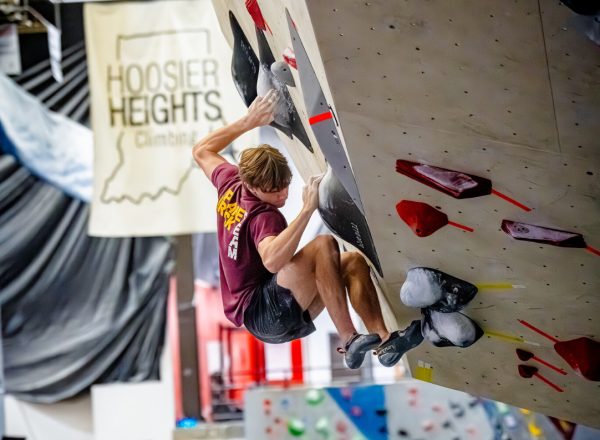The Next Generation of Activism
In an age filled with social justice movements and changing opinions, student activists have become drastically important. Three Ann Arbor teen activists, Isha Verma, Madeline Small, and Clarence Collins III, along with many others, are fighting for social justice. Each has their own personal goals and motivations that push them along their path towards change.
“My goal is to make everybody to feel safe, and everybody to love themselves, and for me to educate them more and to make people morally good,” Verma said.
A young Indian woman, Verma is particularly active at the Neutral Zone, a youth-driven center in Ann Arbor that works to diversify the community and create personal growth. She has hosted Diversity Day and worked at the event to educate people about gender identity and sexuality.
Verma has experienced racism throughout her life through teasing, bullying, and even through stories told to her by her mother. Even though she is still recovering from the harsh impact racism has had on her, she is motivated by the hope that no people will have to feel the fear and hurt that she has felt.
“I would love to start a movement, especially for women of color who come from Indian descent, because you don’t see that a lot, especially in the modern sense of view,” Verma said.
While Verma speaks out for self love and racial diversity, Madeline Small is inspired by feminism.
Small is a senior at Skyline High School. She considers herself an activist, trying to raise awareness for women’s health. Using coupons and money from bake sales, her club, Social Awareness Club, supplies free tampons and pads in all of the girls’ restrooms at Skyline to help girls save money.
Small and her friend Sophia Gibson started an organization, Women are Watching, to help combat internalized misogyny in the Ann Arbor community. The organization focuses on women, but gives anyone who is a feminist a platform to stay informed and to reflect positively within themselves.
“[You don’t] have to compromise your own well being,” Small said. “You can see what’s happening in the news and then manifest that into an idea.”
Role models can be incredibly inspirational to young people. Small has two: her grandmother, who protested for women’s rights in the 1960s and 70s, and Ruth Bader Ginsburg, Supreme Court Justice.
“She says what she wants, apologizes later, and I love that,” Small said. “She’s in such a high position of power and she’s speaking out against it — she’s always been outside of the norm when it comes to liberal values in the Supreme Court, so I just love that right now she is currently in a conservative majority Supreme Court and she just doesn’t care. She’s still doing what she wants, regardless of whether or not her superiors are going to like it.”
For Verma, many people stand out as role models. She looks up to Ebere, a woman who leads the Students Educating Each other about Diversity program at the Neutral Zone, for being a strong black woman who is proud of who she is.
Other role models for Verma are acquaintances and friends. “They’re proud of who they are,” Verma said, “or they’re developing it and they talk about it — those are people who inspire me and who are my role models and I would like to be like them one day.”
As a man of color, Clarence Collins III feels motivated to spark change and therefore participates in many public demonstrations, with the goal of being able to live a good life along with family and other people in the world.
His junior year, he gave a speech at the opening day ceremony at Community High. After seeing names like Philando Castile and Alton Sterling used in hashtags on social media, he participated in rallies and protests, but noticed something about the crowd.
“I saw none of those people that were hashtagging [at those demonstrations],” Collins said. “I’m seeing you preaching [on social media], but you’re not really doing it. My takeaway from that was, I have to tell people. I just want to make sure that everybody knows that they need to do things and not just talk about things, because that’s kind of plaguing a lot of social change, because everybody wants to talk and nobody wants to do.”
While Collins has participated in and continues to participate in many Black Lives Matter protests, he also engages in movements in support of other oppressed groups of people, such as people who are facing deportation.
“I see [those people], and I don’t want them to feel like I’m not supporting them, because I know how it feels to not be supported,” Collins said. “That’s why I do more than BLM protests, because obviously if you’re standing for one thing, you can’t just stand for the one thing. I care enough to go, I care enough to talk about it, I care enough to enact the change, and I feel like everybody should care.”
As the people growing up around changing minds and activism, the teens and young adults of the world are becoming increasingly relied on to enact change.
“New people equals new ideas,” Small said. “Newer people are living through changes that older generations aren’t used to. Trends are showing that people who grow up with new ideas stick with them.”
“I think activism is a very cyclical thing,” Collins said, “because it’s the young people that always have to enact it. It’s always going to be the young people that have to — it’s an obligation. I’m not even going to say [that we should], that’s an obligation. As young people, we have to be the ones who change it, because we’re going to be the ones who are running it, sooner or later.”
Especially for teens, organizations are crucial to involvement in activism. Verma recommends finding an organization, such as the Neutral Zone, that can help in figuring out what it is that you are passionate to change.
Small advises all young people getting involved in activism to stop taking other people’s opinions into account. “The struggle with being a teenager is that a lot of people don’t take you seriously, especially when you’re involved in politics and activism,” Small said. “So in short, I would just say [to] just stop caring.” She reminds young people that there is always going to be someone who doesn’t agree with you, and it’s important to put that aside and keep moving forward.
For more information about Women are Watching, visit http://www.womenarewatchinga2.org/
To find out about the Neutral Zone, visit http://neutral-zone.org/










